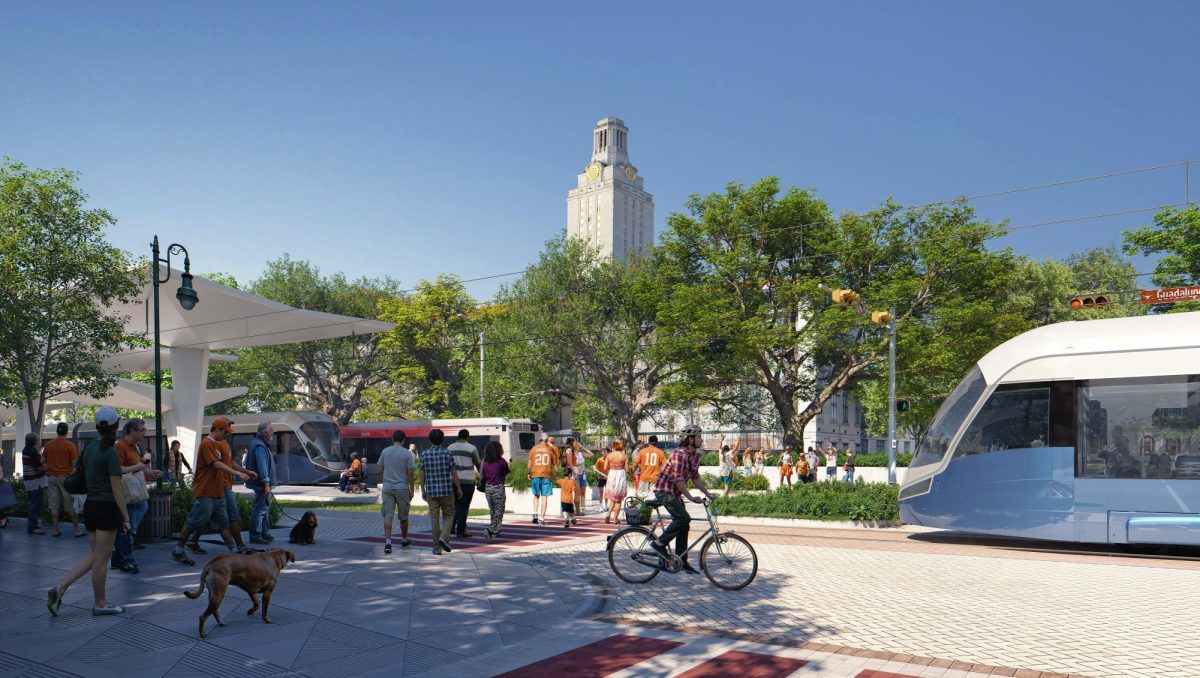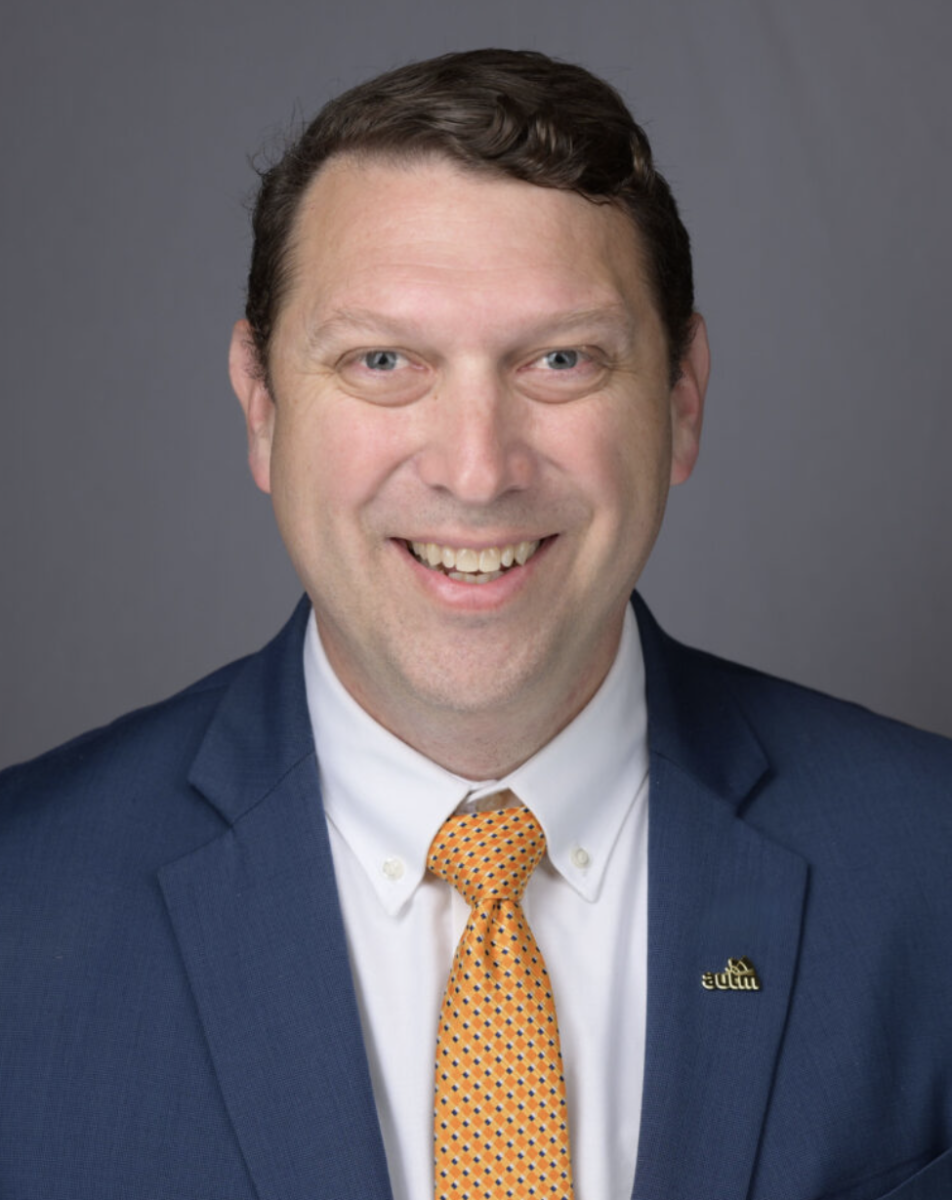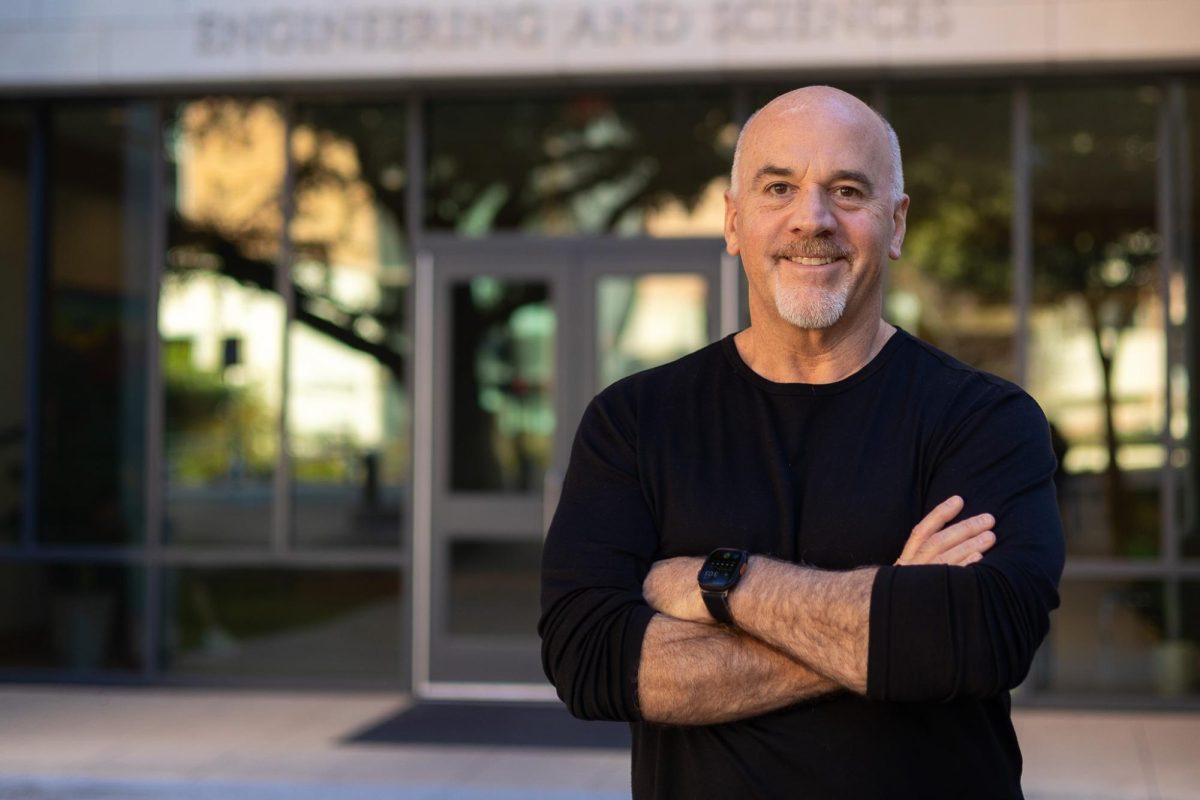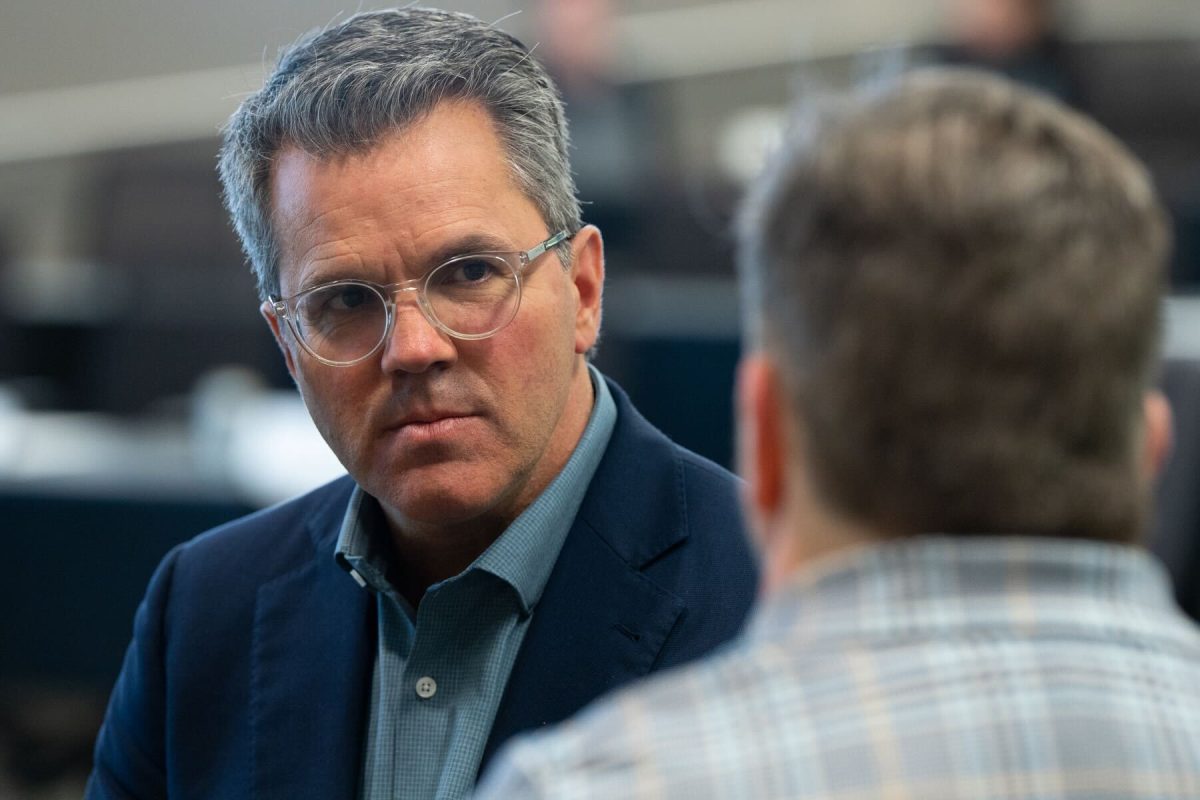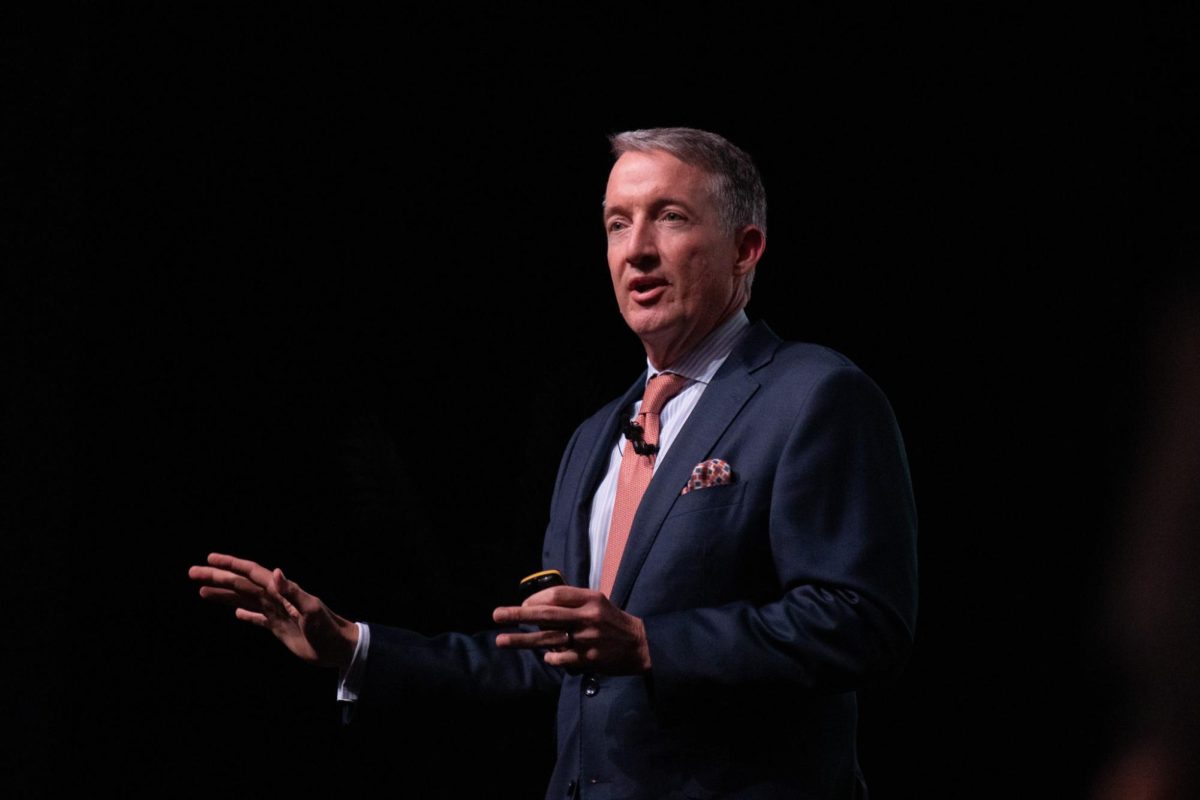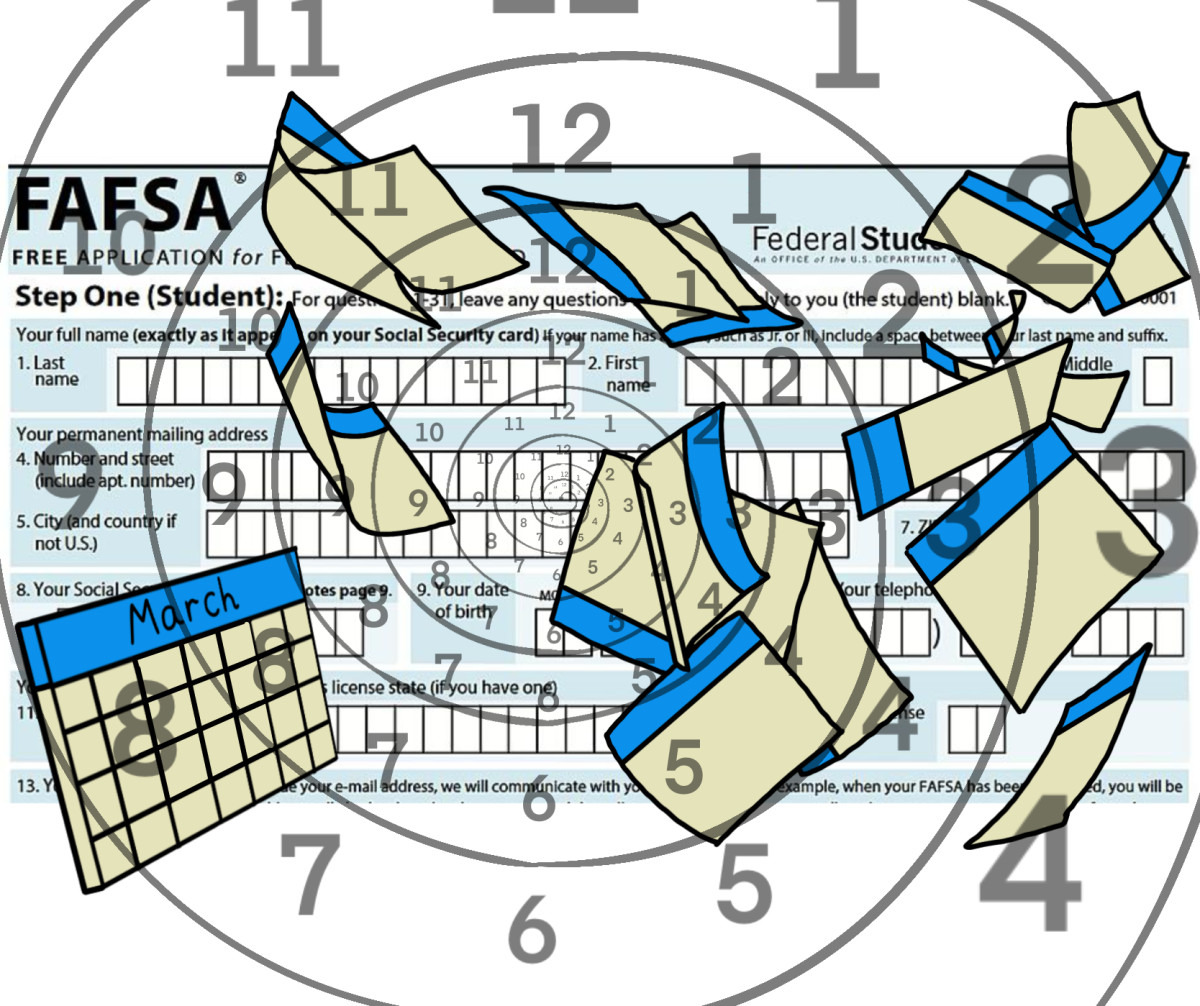Senior Dustin Haley was cold, soaking wet and sleep deprived. After sitting on the sidewalk in front of the Supreme Court building for 19.5 hours, Haley said it was worth it, because when the justices began to deliberate about the status of same-sex marriage in America, he was there.
Haley, an exercise science senior, was present for Tuesday’s oral arguments on Hollingsworth v. Perry, a case centered around the constitutionality of the 2008 California ballot initiative, Proposition 8. Proposition 8 amended the California Constitution to limit marriage to only opposite-sex couples, although previously same-sex marriage had been legal in the state.
“When the justices announced in December they were going to hear the case, I knew I would be in the city,” said Haley, an Archer Fellow, which provides UT students an opportunity to spend a semester in Washington, D.C. “I immediately planned to ask my boss if it was alright to take a day off — I thought, I’m young, I can sleep outside and this is history in the making.”
Though Haley and other proponents of same-sex marriage expressed hope that the justices would ultimately use Hollingsworth to establish a constitutional right to marriage equality, after hearing arguments, Haley said he scaled back his expectations.
“The way the justices asked their questions made it seem possible that they won’t rule on the case at all,” Haley said, citing the justices’ emphasis on questions of standing.
In the legal world, standing refers to the ability of a party to prove connection to and harm from a law that has been challenged.
Chief Justice John Roberts and the court’s more liberal justices focused extensively on the standing of Proposition 8’s defenders during oral arguments. Typically, a state’s governor or attorney general will defend the laws of that state, but former California Gov. Arnold Schwarzenegger, current Gov. Jerry Brown and Attorney General Kamala Harris have all refused to do so. Proposition 8 was instead defended by lawyers representing Dennis Hollingsworth, who is affiliated ProtectMarriage.com, and proponents from the Campaign for California Families.
Justice Ruth Bader Ginsburg asked if Hollingsworth and the other defendants could prove they had more stake in the case than any other California citizens.
“It’s law for [the defendants] just as it is for everyone else,” Ginsburg said. “So how are they distinguishable from the California citizenry in general?”
Justice Elena Kagan echoed this sentiment, wondering if any citizen might potentially be pressed to defend a state law.
If the justices ultimately rule the petitioners lack standing, the case will revert to an earlier district court decision, and Proposition 8 will be struck down — reinstating same-sex marriage in California.

